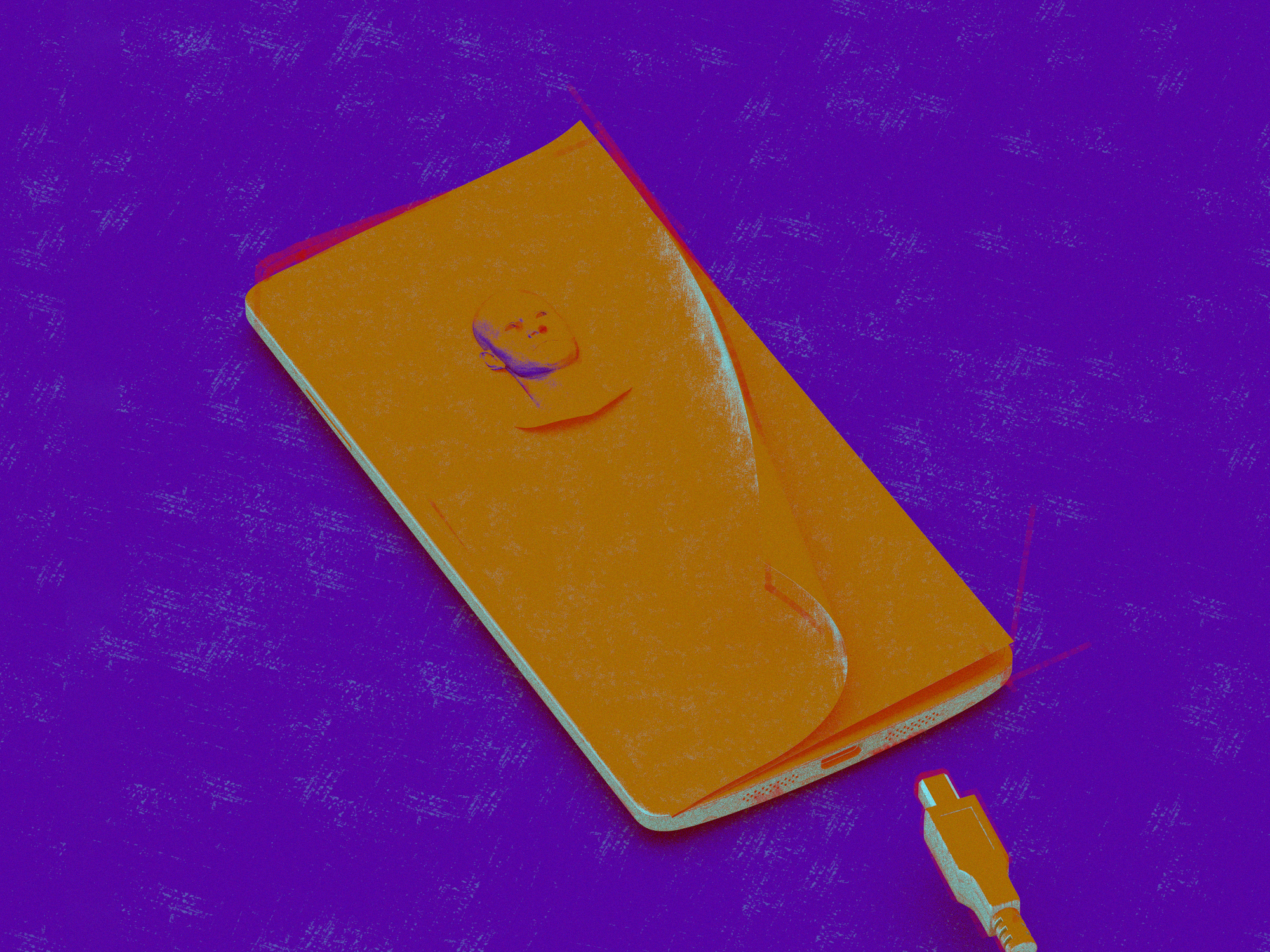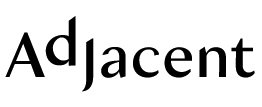Issue 10: Ecoscope
Noting the Details
 Illustration by Suraj Barthy
Illustration by Suraj Barthy
What’s the most intimate place on your phone?
For me, it’s the notes app. It’s my scrap paper, my journal, and my whiteboard. And it serves as a cornerstone of my memory.
For 16 years, the Notes app has been living in our pockets. In that time, this mobile writing pad has become a ubiquitous and reliable tool. It’s the non-judgemental blank slate for celebrities to draft apology notes before posting screenshots of them on social media. Its unimposing interface is a perfect informal space to jot down anything from a shopping list, an important email address, or the third draft of your thesis paper.
Notes, in its lack of opinion, becomes an extension of you in ways that no other app can. Unlike other digital spaces, it doesn’t embody databases, nodes, or trees. Instead, it presents itself like a stack of sticky notes. They can be as long as you need them to be, retrievable when you want them, and will fall into the depths when you don’t need them anymore. Its infinite pages become a catch-all for the scraps of your life: the phone number of a dentist you need to call, gift ideas for your mother, a stray quote that caught your eye. In this way, it not only captures your words, but the way you think.
Its infinite pages become a catch-all for the scraps of your life: the phone number of a dentist you need to call, gift ideas for your mother, a stray quote that caught your eye.
My memory is inconvenient at best. I have a steel trap for remembering how things are done. Show me a process, and I can teach someone tomorrow. But names, faces, and people have always escaped me.
Four years ago, I forgot the name of my coworker. We’d been on the same team for over a year, almost but not-quite working together. For 14 months we sat four desks apart from each other in an open-plan office. 14 months of attending the same meetings, eating lunch at the same table, and joking in the same slack channels about code gone wrong. Right in the middle of introducing them to someone, I forgot their name entirely.
What an absolute shithead! Who forgets the name of someone they’ve sat next to for over a year?
Good people remember your name after the first time you’ve been introduced. Good people remember that your partner’s name is David, or that you adore that brand of hot chocolate, or that you’re allergic to shrimp.
Good people don’t forget the name of their coworkers, or that you were in the same class last semester, or that last year you broke up with your boyfriend and never want him mentioned again.
I’m trying to be a good person.
In my notes app I have a note titled ‘People.’ It’s my most frequently edited note. At this point, it’s over a hundred lines long, with no particular rhyme or reason to its entries.
When I moved to Brooklyn, I was entering a community with a fresh start. I wanted to finally be the good person that people would want to be friends with. Remembering someone is often enough to be worth remembering yourself. So whenever I met a new person, I’d write down their name and a fact to remember. Thus, ‘People’ was born.
Jose works at the coffeeshop next door on Tuesdays
Zenora’s the attendant in the dining car who once got to see an entirely private train car
Deana has a nine-year old dog named Fancy
These snippets become the anchor of my impression of a person. They’re also just a beginning, a silhouette of an individual that takes time to fill in.
Some people stick around. For others, these names and words are the only things I have left from meeting them.
The list swells at the beginning of a year, right after a move, or when I join a new social circle. Friendships are built of habit more often than happenstance; a practice of noticing people and engaging with them until they become a regular part of my life. Some of these names resurface. I write them over and over, with the things that I hope I’ll remember: the names of partners, of pets, where they grew up, what their favorite foods are. In a way, this note becomes a portrait of the kind of friend I’d like to be to them and the relationship I’d like to build.
‘People’ is less data collection, and more ritual. When I write a name and note, I inscribe a wish for remembering them. Each line marks a moment not only worth remembering, but worth trying to remember. And each line is the foundation from which the habit of our friendship might grow.
When I write a name and note, I inscribe a wish for remembering them. Each line marks a moment not only worth remembering, but worth trying to remember.
My note might say Jinny loves banana milk, but it doesn’t say that she grew up with it, or that she’s got a tiny charm of it on her keys, or that once we tried a vegan banana milk in class and agreed that this version should not have been my introduction to the drink.
The Notes app takes the place of a notebook, but it isn’t one. The words you write might otherwise have lived on scrap pieces of paper, a sticky note, or the back of an envelope snagged from the dining table. But what would have happened to them later, when their reminding was done? They would have been thrown away. Notes becomes an archive of your lost words, of all the moments you otherwise would leave behind in the recycling bin. In this way, it is more than a scratchpad, it’s an archive of you. And unlike a journal or a notebook, you never put it away on a shelf; you carry it with you, indefinitely.
What happens when you always have your history with you, when you can look back at every stray thought you’ve had? What does it mean that I archive every introduction in my pocket?
My notes are a collection of the people I’ve met and am meeting. It’s a diary of my desire to listen and to learn. I carry my close friendships here alongside all the people I’ll never get to know. All the people I meet in passing and all the people I hope to grow closer to.
What does yours hold?
